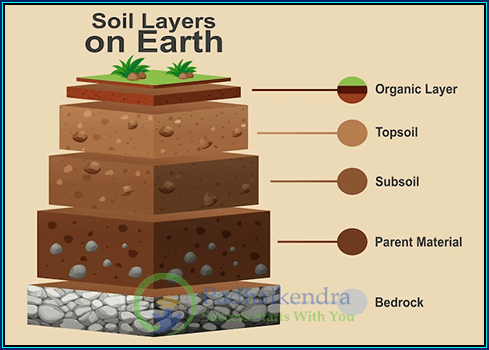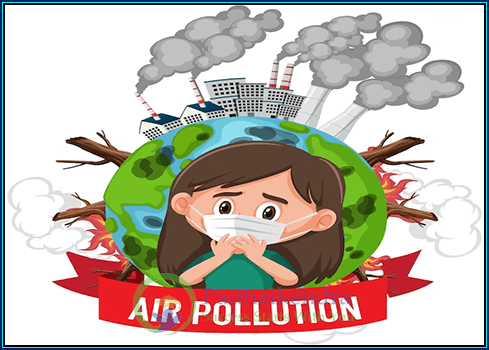The cold season is a period of cooler temperatures that occurs in many regions of the world, particularly in the higher latitudes and elevations. The cold season is also known as the winter season in some regions. The duration and intensity of the cold season can vary depending on the region and local weather patterns. In some areas, the cold season may last only a few weeks, while in others it may persist for several months.
During the cold season, temperatures drop significantly, and snow and ice may accumulate in many regions. Trees and other plants may lose their leaves or become dormant, and many animals may hibernate or migrate to warmer areas. Cold-weather activities such as skiing, snowboarding, and ice fishing are popular in many areas.
The cold season can also pose challenges for human societies, such as hazardous travel conditions, increased energy consumption for heating, and potential health risks from exposure to cold temperatures. However, many cultures also celebrate the cold season with holidays and festivals, such as Christmas, Hanukkah, and the Winter Solstice.
Overall, the cold season plays an important role in the natural rhythm of many regions of the world, and its unique characteristics offer both challenges and opportunities for human societies and the natural world.





